Type 2 diabetes has become a worldwide health problem.
It is said that 890,000 Australians and 270,000 New Zealanders. Besides this, there are thousands of people with undiagnosed diabetes.
Previously, Type 2 diabetes was mainly seen in adults over 40 years of age, but, it is now more and more common in younger people.
High Blood Sugar Levels
Diabetes is a condition related to problems with blood sugar levels (also called blood glucose levels) and insulin levels. You need to be able to convert glucose (i.e. sugar) from your food into energy.
The hormone that is needed for glucose to enter into cells is called insulin. Once in the cells glucose can give us the energy we need. Diabetic patients have problems with their insulin production, so when a diabetic patient eats sugar (even hidden sugars e.g. from sweets, bread, cakes, biscuits, cereals) it cannot be converted into energy and stays in the blood, causing high blood glucose levels.
If you have high levels of glucose in your blood for long periods of time it can lead to blindness, kidney problems, cardiovascular issues, and many other health complications.
The good news is that diabetes is avoidable if you focus on having a healthy diet and exercising regularly.
To find out if you are at risk of developing type 2 diabetes, you can yourself these questions:
• Are you overweight?
• Do you have a family history of diabetes?
• Does your daily diet contain high amounts of sugars and/or refined carbohydrates?
• Can you be more active?
Some early warning signs that may indicate your blood sugar levels could be a problem in the future include:
• Frequent sugar cravings
• 2 to 4 pm energy slump
• Constant fatigue
• Frequent urination and/or recurrent urinary tract infections.
• Trouble losing weight – especially weight around your waist.
If you answered ‘YES’ to any of these questions, or experience any of these early warning signs, speak to us today about how we can help you to prevent or manage diabetes.
Herbs and Nutrients Can Help
Natural Medicine may help with managing and preventing diabetes, by focusing on the main causes such as diet and lifestyle.
If you are at risk of developing diabetes the following herbs and nutrients may also assist.
• Cinnamon (Cinnamomum cassia) – Cinnamon a common spice used in cooking, is also a beneficial herbal medicine used to maintain normal healthy blood sugar levels by enhancing the function of the insulin made by your body.
• Korean Ginseng (Panax ginseng) – Korean Ginseng is a herb that may help to balance your blood sugar levels and boost energy production at the same time.
• Caiapo root (Ipomoea batatas) – is a white sweet potato that is traditionally used in Japanese and Brazilian medicine for the maintenance of healthy blood sugar levels.
• Hops (Humulus lupus) and Acacia (Acacia arabica) – Together these herbs may help control blood sugar levels.
• Chromium – Chromium is an important mineral that can help to regulate blood sugar levels. Having a deficiency in chromium may contribute to blood sugar problems.
Speak to us today about which herbs and nutrients may be beneficial for you.
Diet and Lifestyle Tips
As well as taking some of the Natural Medicines mentioned here, you can reduce your risk of developing diabetes by also implementing some dietary and lifestyle changes.
• Maintain a healthy weight. If you would like to lose some weight, ask us about the professional weight management program we offer.
• Eat small, regular meals containing protein-rich foods such as fish, lean meat, legumes, nuts, and eggs to keep your blood sugar levels stable.
• Include plenty of fresh fruit, vegetables, nuts and seeds in your daily diet.
• Avoid eating too many overly processed and sugar-containing foods – especially high carbohydrate foods like bread, cakes, biscuits, and pastries. Save these foods for special occasions only.
• Limit alcohol consumption. Aim for a moderate intake of alcohol and have at least two alcohol-free days per week.
• Include regular exercise into your lifestyle for healthy weight maintenance.
Take Control of Your Health Now!
By making some simple changes to your diet and lifestyle, and by taking the appropriate supplements, you may be able to prevent diabetes or better manage your existing diabetes.
Talk to us today to make an appointment and start to feel the health benefits!



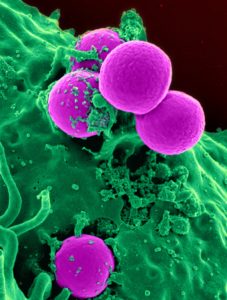
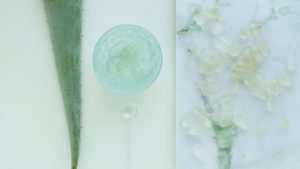











 Current reports state that one of the strains in the flu vaccine used this year has mutated.
Current reports state that one of the strains in the flu vaccine used this year has mutated. 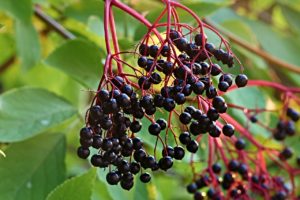
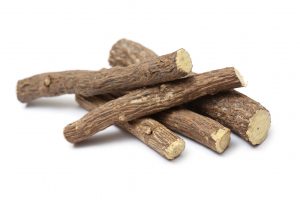
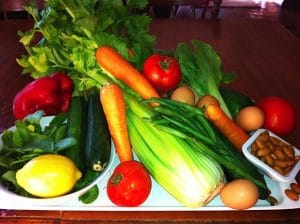 Aim for at least two serves of fruit and three cups of vegetables daily.
Aim for at least two serves of fruit and three cups of vegetables daily. The lifestyle prescription when you are unwell is to get lots and lots of sleep!
The lifestyle prescription when you are unwell is to get lots and lots of sleep! It isn’t unusual for mental health, such as depression, stress, anxiety, adrenal fatigue, chronic fatigue
It isn’t unusual for mental health, such as depression, stress, anxiety, adrenal fatigue, chronic fatigue  Do you feel under pressure or stress more often than not? If you answered yes, then you probably
Do you feel under pressure or stress more often than not? If you answered yes, then you probably  Zinc, with all its important physiological uses, is a mineral many of us are unknowingly deficient in.
Zinc, with all its important physiological uses, is a mineral many of us are unknowingly deficient in.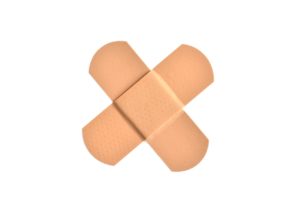 Antioxidants and anti-inflammation to prevent chronic disease
Antioxidants and anti-inflammation to prevent chronic disease Reduced or abnormal smell or taste
Reduced or abnormal smell or taste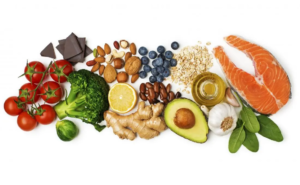 They are found in foods such as tea, wine, chocolates, fruits, vegetables, and extra virgin olive oil, just to name a few.
They are found in foods such as tea, wine, chocolates, fruits, vegetables, and extra virgin olive oil, just to name a few.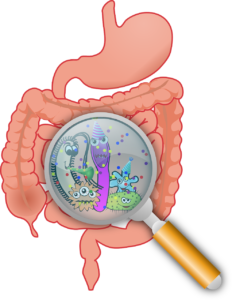 The identification of bowel toxicity followed by effective treatment is invaluable to many patients. Current dietary and lifestyle practices have produced an increasing number of health disorders caused by a malfunctioning digestive tract and toxicity that results from it. We start by looking at the causes of toxic bowel syndrome also referred to as Gut Toxicity.
The identification of bowel toxicity followed by effective treatment is invaluable to many patients. Current dietary and lifestyle practices have produced an increasing number of health disorders caused by a malfunctioning digestive tract and toxicity that results from it. We start by looking at the causes of toxic bowel syndrome also referred to as Gut Toxicity.